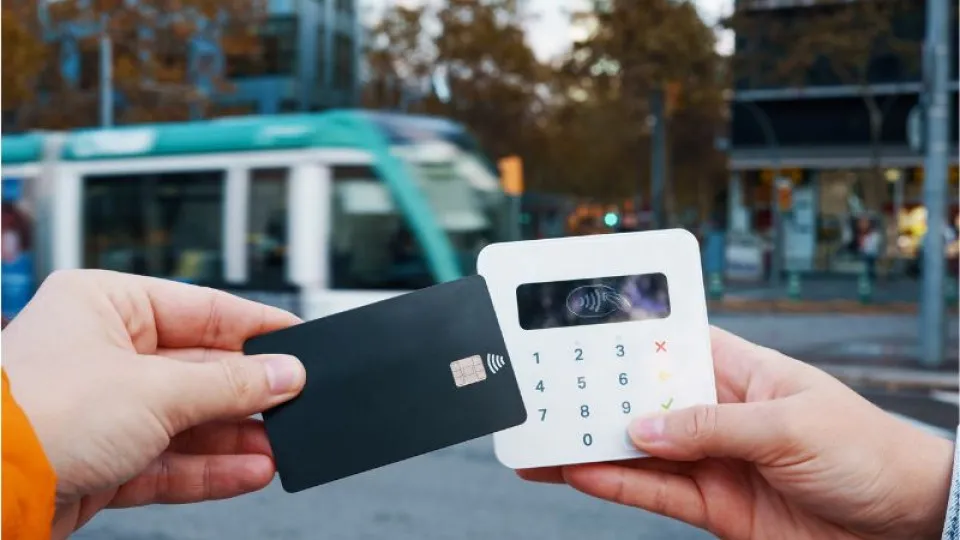
What are the most common frauds in electronic payments?
Electronic payments are increasingly used, but they are also targeted by scammers. Find out what are the most common frauds in Portugal and how to protect yourself.
These are the 3 most common frauds when making electronic payments.
Despite the relatively low fraud rate in Portugal, the Bank of Portugal warns of a slight increase in 2024. DECO PROTeste identified three types of scams that continue to deceive many consumers, based on the most recent data from the regulator.
Frauds by SMS, WhatsApp, or phone calls.
The most common scam involves messages or calls with false job offers or high-return investment opportunities. Scammers try to convince the victim to click on links or provide bank details, exploiting situations of urgency or tempting opportunities.
Payment manipulated with malware.
Another frequent scam is the issuance of fraudulent payment orders, usually after the victim's device is infected with malware. The offender sends communications pretending to be the bank, leading the victim to authorize transfers or share security codes.
Fake payment references.
With the decline of the scam "Hello dad, hello mom", another technique gained strength: urgent requests for service payment via Multibanco reference, where the consumer believes they are paying a legitimate invoice, when in fact they are sending money directly to the scammer. (Source: https://www.poupancanominuto.com/artigos/poupanca/atente-a-estes-cuidados-a-ter-com-pagamentos-contactless)
What are the most secure payment methods in Portugal?
According to the Bank of Portugal, these are the most secure means of payment:
- Direct debits had the lowest rate: 0.4 frauds per million transactions.
- Bank transfers recorded 16 frauds per million.
- Bank cards were the most targeted: 129 frauds per million transactions.
However, when strong authentication is used (such as code sent by SMS or verification through an app), the probability of fraud is much lower, especially in card payments.
How to protect yourself from payment frauds?
- Beware of messages with urgency or easy return;
- Never share codes or banking data over the phone or chat.
- Avoid clicking suspicious links.
- Use strong authentication whenever possible;
- Update the antivirus and software on your devices.
Pay attention to more similar tips by following Poupança no Minuto on social media and the weekly newsletter. Visit https://www.poupancanominuto.com/contacto.
Savings in the Minute is a brand owned by Financefy, S.A., a credit intermediary registered with the Bank of Portugal under number 0006860. Services authorized to provide: Presentation or proposal of credit contracts to consumers. Assistance to consumers, through the performance of preparatory acts or other pre-contractual management work regarding credit contracts that have not been presented or proposed by them. Lenders: Bankinter, S.A. - Branch in Portugal, Caixa Geral De Depósitos, S.A., Banco BPIi S.A., Banco Santander Totta, S.A., Abanca Corporación Bancaria, S.A., Branch in Portugal, Banco Ctt, S.A., Novo Banco, S.A., Cofidis, BNP Paribas Personal Finance, S.A. - Branch in Portugal, Union De Créditos Inmobiliários, S.A., Establecimiento Financiero De Crédito (Sociedad Unipersonal) - Branch in Portugal, Bni - Banco De Negócios Internacional (Europa), S.A., Banco Bic Português, Sa, Unicre - Financial Institution Of Credit, S.A.